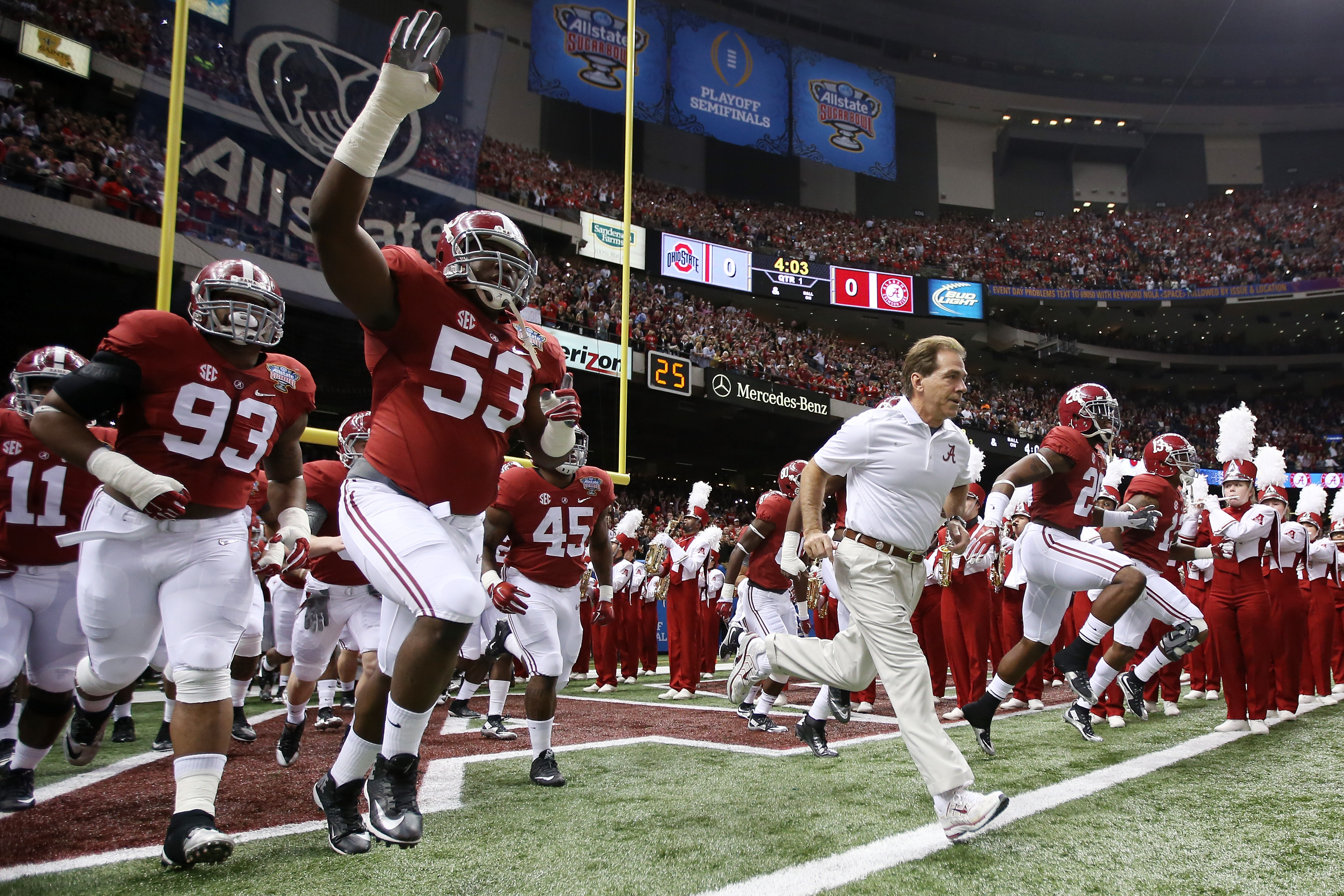Collegiate athletics is a competitive and exciting chapter in any athletes life. Many people stop playing their sport after high school but those who are fortunate enough to play in college are those that are dedicated to their sport and most likely plan on playing professionally. College sports raises the bar for athletes and they are put to the test by playing other top performers in their sport. Although playing sports at the collegiate level requires more time and dedication, athletes should not be paid to play.
College is an opportunity for athletes to experience playing their sport at a more competitive level and figure out whether or not they want to make it a career. By instituting payment, it forces the athlete to treat college and their sport like a job when they should be figuring it out for themselves. Also, payment could draw athletes who aren’t 100% dedicated to a sport just because they want/need money.
Furthermore, these student-athletes are too young to handle the stress of school, sports, social life, and money. By giving young adults too much money careless and reckless decisions will happen.
Paying college athletes will also cause rifts between regular students, who were accepted based on merit. How would you feel if your college roommate was getting paid to go to school while you, doing just as much academic work, got nothing. It isn’t fair to hold athletes to a higher standard than a student who spends hours upon hours studying, writing papers, going in to see her professors during office hours, etc. The bottom line is colleges can’t reward a football player with money and a law student with bills.
The topic of paying athletes begs the question of: Where does this money come from? Let’s take the University of Alabama, according to college factual they have 640 student athletes. If each athlete had a yearly salary of $480,000 (the average salary for a rookie NFL athlete) that would cost the school approximately $307,200,000.
An athletes compensation should not be monetary. Rather, they are paid in experience. Collegiate facilities are state of the art equipped with the best training equipment, coaches, fields, etc. Athletes are able to utilize these tools to enhance their performance. Athletes are also paid through education. Many recruits are given scholarships that go towards books, tuition, and housing. This type of “payment” is enough.
Lastly, paying college athletes would ruin the integrity of the game. Instead of players focusing on how well they performed they will focus on how much money they make and start comparing salaries. Also, this could cause a rift between teammates if one is paid more than the other or could lead a player to transfer schools in hopes for a bigger paycheck.
Money essentially adds a new dynamic to anything. It can turn a good game of baseball into a serious money-making competition. A cloud of dollar signs and contracts would hang over the athlete and his/her performance.


